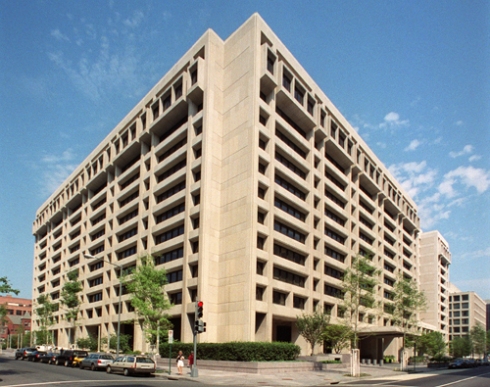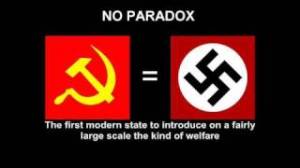"The South Korean government plans to inject an additional 5 trillion won ($4.7 billion) worth of policy funds this year to jumpstart the slowing economic recovery, the Finance Ministry said Wednesday."
"On Tuesday, the Bank of Korea said Korea was likely to continue to recover modestly, backed by a global economic recovery and ongoing economic policies."
---0---0---0---
Why is the "economic recovery" slowing in the first place? Or to ask a more realistic question, is there really a slowing economic recovery? If such an economic recovery exists even though it is slow, it remains a good news. However, this is the reality as a Keynesian economist sees it. I guess an Austrian economist would see it differently. No economic recovery is taking place. What a Keynesian economist sees as the slowing of economic recovery is actually the gradual disappearance of the impact of previous "economic solution" to boost the economy. And since such impact is disappearing, what is needed this time is for more stimulus package to "boost the economy". In reality, this is an act of stopping the market from correcting the economy and instead prolonging the "illusion of growth". The authority can do it as a short-term solution, but its long term impact is far more serious and destructive that may end in a possible humanitarian crisis. The truth is, no economic recovery is happening. We are still in the midst of economic crisis, not only South Korea, but the world. However, governments refuse to accept it, and they are using the only weapon they know to "boost the economy", injecting paper money into the economy through the nations' central banks.
In South Korea, expect the weakening of won and the strengthening of export industry in the coming months. This is what they call "speeding" the economic recovery. To my knowledge, Austrians call it "joining the race to the bottom".


